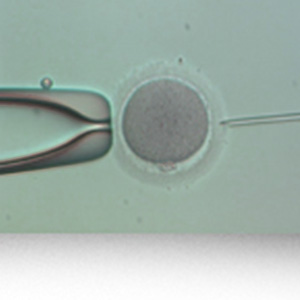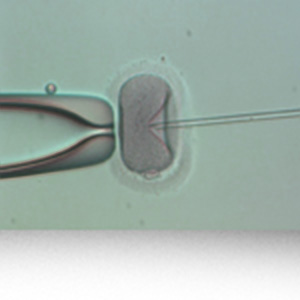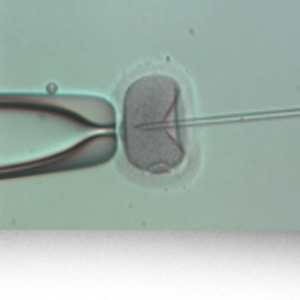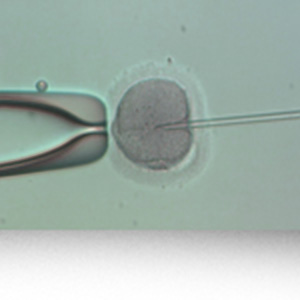ICSI Treatment
At Sai Hospital and Infertility Center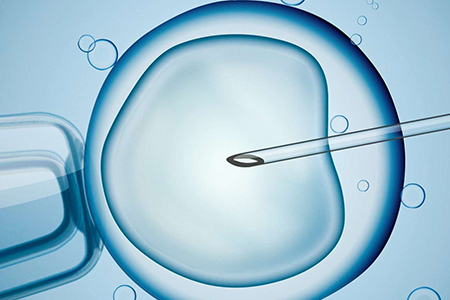
ICSI Treatment
ICSI stands for intra-cytoplasmic sperm injection. It is a gold standard technique used for overcoming severe male infertility, after repeated unsuccessful attempts with in vitro fertilization or egg freezing. The procedure involves the injection of a single, healthy sperm directly into the cytoplasm of the female egg so as to induce artificial fertilization and obtain the embryo. ICSI has proved to be the most successful form of IVF treatment as the procedure gives the doctors the power to choose the most viable sperm.
For fertilization to take place normally, the head of the sperm must attach to the ovum and penetrate through the outer layer so as to reach the cytoplasm, where the procedure actually takes place.
ICSI Procedure by SAI Hospital
- ICSI is performed a few hours after oocyte retrieval when the oocytes are at the proper stage of maturation for fertilization
- On the day of oocyte retrieval, a sperm sample is collected and processed to produce a clean preparation of viable sperms
- Prior to the ICSI procedure the granulosa cells that surround the oocyte are removed in the IVF laboratory and the mature (MII) oocytes are then selected for ICSI
- Shortly after oocyte retrieval, the embryologist selects a single sperm from the preparation using a microscopic pipette. The pipette has a needle like tip that is used to pierce the egg’s membrane
- A small amount of egg cytoplasm is aspirated into the micropipette allowing the sperm to mix with the cytoplasmic material. The cytoplasm, now containing the sperm, is replaced into the oocyte
- This procedure requires the use of micromanipulator that allows fine control of microscopic movements of the micropipettes. In Corion Clinic, we have RI Integra Micromanipulator from UK which we use for our ICSI procedures
- Immediately after ICSI is performed, each oocyte is returned to the incubator for about 18-20 hours. The next day, the embryologist inspects the oocytes and determines which have fertilized successfully
- The normally fertilized egg also known as “zygote or embryo”, is identified by the appearance of two round structures called “pronuclei” in it’s cytoplasm in addition to two polar bodies on it’s periphery
- The success with ICSI depends largely on the ability and skill of the embryologist performing the procedure; the risks from egg micromanipulation include trauma to the oocyte leading to non-viability (death of the oocyte), or other unanticipated / unidentified risks
- This trauma can occur during the enzymatic removal of the granulosa cells or the ICSI procedure itself
- ICSI does not guarantee fertilization of an oocyte. However, the probability of fertilization of any oocyte with ICSI is 10-15% greater than for oocytes inseminated conventionally with normal sperm
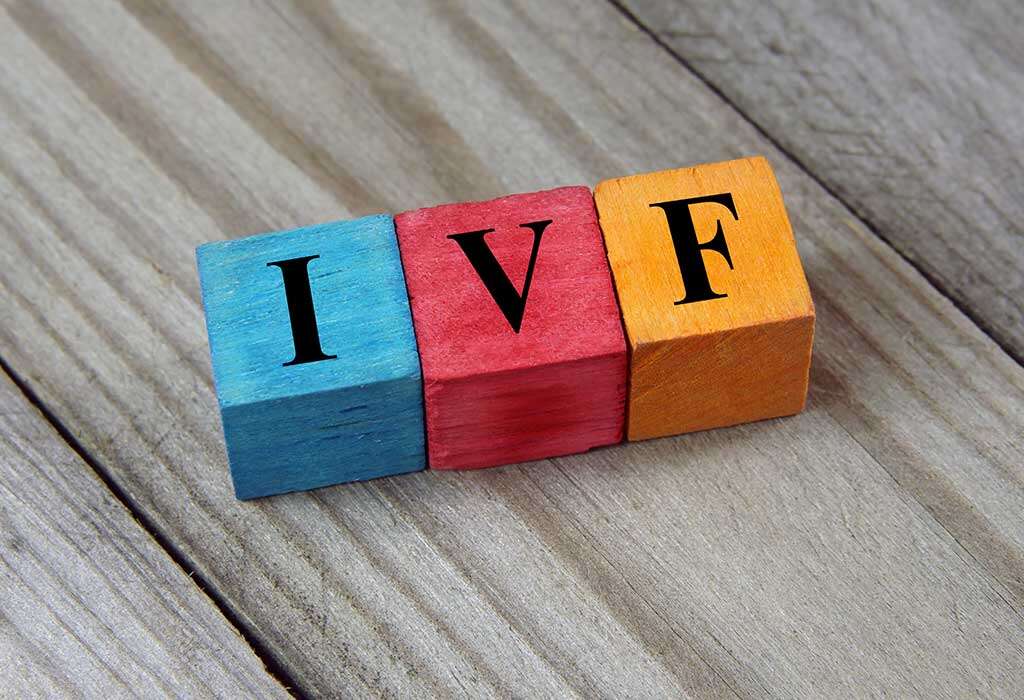
Who Can go to Fertility Centres for ICSI Treatment?
- ICSI is generally indicated in couples where sperms are deficient in number or function
- ICSI can also be successful in men with history of a vasectomy, congenital absence of the vas deferens (CAVD), or non-obstructive Azoospermia
- ICSI is also beneficial where abnormal oocytes are retrieved which may not allow sperm to penetrate the zona pellucida
- Couples who have history of suboptimal fertilization rates with conventional IVF
- Couples with high rates of abnormal fertilization in previous cycles
Our Contacts
Address:
Kachghar Chowk,Near Jhanda Chowk,Station Road, Kanchghar, Jabalpur, Madhya Pradesh 482001
Email Us:
Call Us:
Our Timing
Mon - Sun : Open 24 hrs

